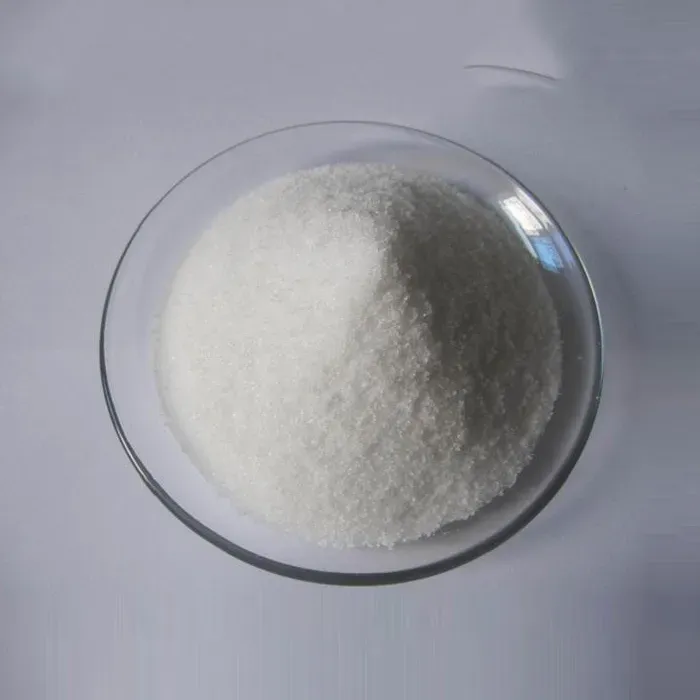The Importance of Effluent Treatment Chemicals in Wastewater Management
Effluent treatment is a crucial aspect of environmental management, particularly in industries where large volumes of wastewater are generated. This wastewater, or effluent, can contain harmful pollutants that pose significant risks to human health and the environment. To mitigate these risks, effluent treatment chemicals play an essential role in the treatment process, ensuring that wastewater is adequately treated before being released back into natural water bodies or reused in various applications.
Understanding Effluent Treatment Chemicals
Effluent treatment chemicals are substances used in wastewater treatment processes to facilitate the removal of contaminants. These chemicals can be categorically divided into several groups, including coagulants, flocculants, oxidizing agents, pH adjusters, and bioaugmentation agents, each serving a specific purpose in the treatment process.
1. Coagulants These chemicals help in aggregating tiny suspended particles in wastewater, allowing them to clump together into larger particles, known as flocs. Common coagulants include alum (aluminum sulfate) and ferric chloride. By using coagulants, the removal efficiency of suspended solids, turbidity, and certain heavy metals can be significantly improved.
2. Flocculants Similar to coagulants, flocculants aid in the process of sedimentation by promoting the formation of flocs from the coagulated particles. Polyacrylamide is a commonly used flocculant that enhances the settling of solids in primary and secondary treatment systems, thereby improving overall treatment efficiency.
3. Oxidizing Agents These chemicals, such as chlorine, ozone, and hydrogen peroxide, are utilized to oxidize organic contaminants and pathogens present in the effluent. The oxidation process not only reduces harmful substances but also aids in disinfection, making the treated water safer for discharge or reuse.
4. pH Adjusters Maintaining the correct pH level is vital for optimal chemical reactions during wastewater treatment. Chemicals like sulfuric acid or sodium hydroxide are often used to adjust the pH of wastewater, which can enhance the effectiveness of coagulants and flocculants.
5. Bioaugmentation Agents These are biological additives that improve the biodegradation of organic matter in wastewater. By introducing specific strains of bacteria, bioaugmentation can enhance the treatment of effluent that may be particularly challenging due to high levels of organic pollutants.
effluent treatment chemical

The Role of Effluent Treatment Chemicals in Environmental Sustainability
The application of effluent treatment chemicals is indispensable for achieving environmental sustainability
. By using these chemicals, industries can significantly reduce the environmental impact of their wastewater discharges, ensuring compliance with regulatory standards and protecting ecosystems. Treated effluent can often be reused for irrigation, industrial processes, and even potable water supply, contributing to water conservation efforts.Moreover, the use of advanced effluent treatment chemicals can lead to the recovery of valuable resources from wastewater, such as nutrients, energy, and water. For instance, processes like anaerobic digestion can convert organic matter into biogas, which can be utilized as a renewable energy source. Similarly, nutrient recovery techniques can extract nitrogen and phosphorus, which can be repurposed as fertilizers.
Challenges in the Use of Effluent Treatment Chemicals
Despite their numerous benefits, the use of effluent treatment chemicals is not without challenges. The selection and dosage of the right chemicals are critical, as improper use can lead to issues such as chemical overdosing, ineffective treatment, and secondary pollution. Moreover, the disposal of residual chemicals and sludge generated during the treatment process poses additional environmental concerns.
To address these challenges, ongoing research and innovation in chemical formulations and treatment technologies are essential. Industries must prioritize sustainable practices that minimize chemical usage, enhance treatment efficiency, and reduce the potential environmental impact.
Conclusion
In conclusion, effluent treatment chemicals are a vital component of wastewater management systems. They facilitate the effective removal of pollutants, ensuring that treated water meets safety standards for release or reuse. By investing in advanced treatment chemicals and technologies, industries can play a significant role in promoting environmental sustainability and protecting water resources for future generations. The strategic use of these chemicals not only addresses immediate wastewater concerns but also contributes to a more sustainable and responsible approach to industrial operations.

